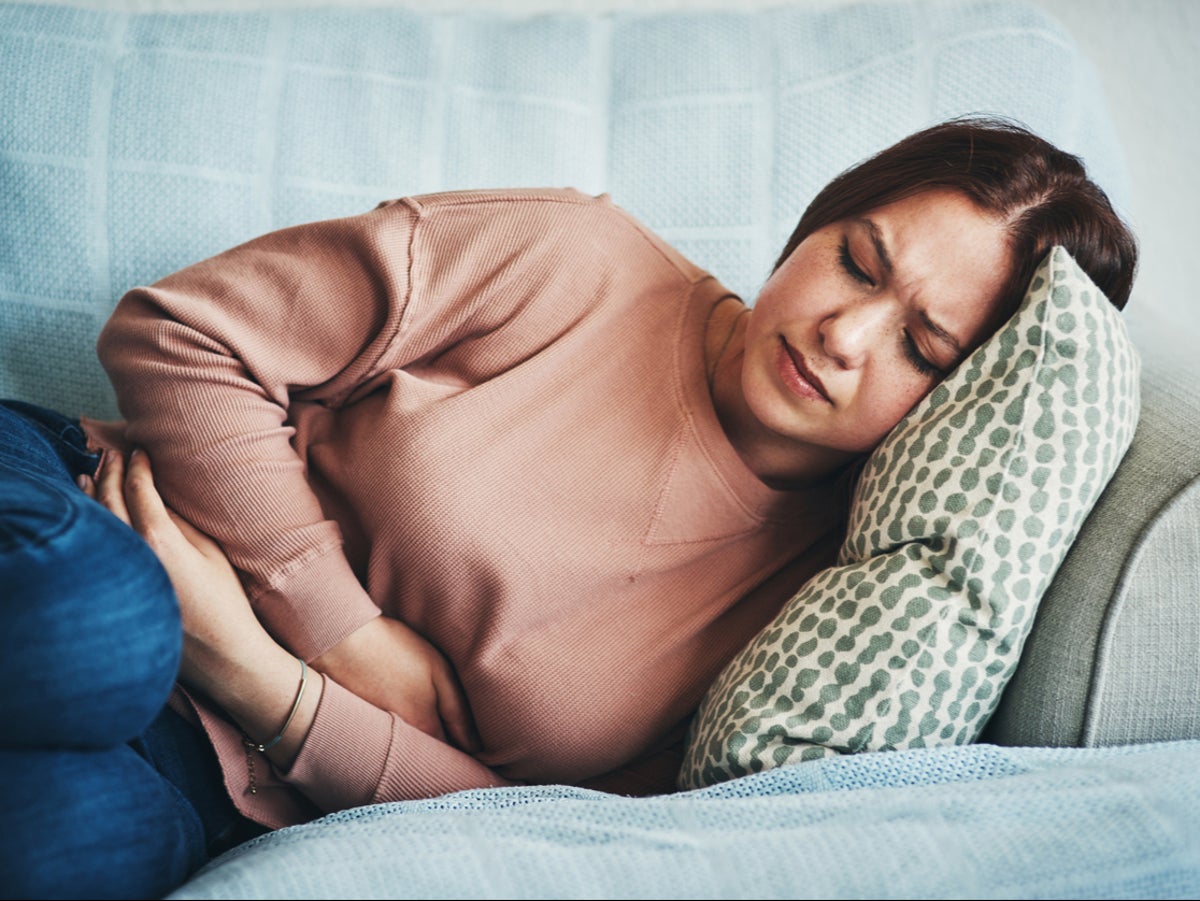
WHAT YOU CAN DO EVERY NIGHT TO PREVENT IRRITABLE BOWEL SYNDROME
Getting a good night’s sleep can cut the risk of irritable bowel syndrome (IBS), researchers have found.
A healthy lifestyle, including getting enough exercise, may also help prevent the condition developing, they suggested.
IBS affects the digestive system and symptoms include stomach cramps, bloating, diarrhoea and constipation.
People can suffer for days, weeks or months at a time, though symptoms can come and go over time.
It is not known exactly what causes IBS, but past research has suggested oversensitive nerves in the gut, stress and a family history of IBS can play a role.
The new study, published in the journal Gut, found that leading a healthy lifestyle was strongly linked to a lower chance of developing the condition.
Among several factors, not smoking, having plenty of vigorous exercise and getting at least seven hours of sleep a night seemed to have the biggest effect.
For the study, experts looked at 64,286 people (average age 55, just over half of whom were women) from the UK Biobank medical database.
Common irritable bowel syndrome (IBS) symptoms
According to the NHS
The main symptoms of IBS are:
- stomach pain or cramps – usually worse after eating and better after doing a poo
- bloating – your tummy may feel uncomfortably full and swollen
- diarrhoea – you may have watery poo and sometimes need to poo suddenly
- constipation – you may strain when pooing and feel like you cannot empty your bowels fully
None of those in the study had a diagnosis of IBS at the start, and all had completed at least two 24-hour questionnaires on their diets.
Five healthy behaviours – not smoking, good sleep, enough exercise, healthy diet and lower alcohol consumption – were all looked at.
Over a period of 12.5 years, 961 (1.5 per cent) cases of IBS were noted.
Of all those in the study, 7,604 (12 per cent) people did not have any of the five healthy lifestyle behaviours, while 20,662 (32 per cent) reported one, 21,901 (34 per cent) reported two, and 14,101 (22 per cent) reported three to five.
After accounting for factors that could influence the results, such as family history of IBS, people who were healthiest had the lowest risk of IBS.
One healthy behaviour was associated with a 21 per cent lower risk, two were associated with a 36 per cent lower risk, and three to five were linked to a 42 per cent lower risk.
Individually, never smoking was linked to a 14 per cent lower risk, a high level of physical activity led to a 17 per cent lower risk, and a good night’s sleep led to a 27 per cent lower risk.
The researchers, from the University of Hong Kong, could not prove cause and effect due to the nature of the study.
But they concluded: “Adhering to a higher number of the five healthy lifestyle behaviours is significantly associated with a lower IBS incidence in a middle-aged population.
“Our findings suggest the potential of lifestyle modifications as a primary prevention strategy for IBS.”
From news to politics, travel to sport, culture to climate – The Independent has a host of free newsletters to suit your interests. To find the stories you want to read, and more, in your inbox, click here.
2024-02-21T03:21:24Z dg43tfdfdgfd